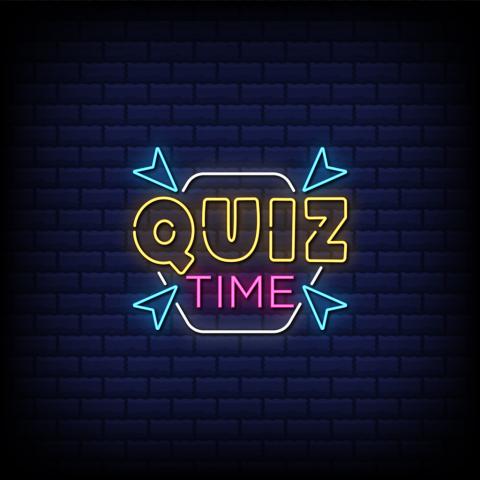Confusing Words
"We won't be able to suggest a solution until we are farther/further along in our evaluation of the problem." Which is correct?
- Farther is an adjective and adverb that means to or at a more distant point: "We drove 50 miles today; tomorrow, we will travel 100 miles farther." Further is an adjective and adverb that means to or at a greater extent or degree: "We won't be able to suggest a solution until we are further along in our evaluation of the problem." It can also mean in addition or moreover: �They stated further that they would not change the policy.�
"You can choose a large bookcase or, alternately/alternatively, you can buy two small ones." Which is correct?
- Alternately is an adverb that means in turn; one after the other: "We alternately spun the wheel in the game." Alternatively is an adverb that means on the other hand; one or the other: "You can choose a large bookcase or, alternatively, you can buy two small ones."
"His loud humming was affecting/effecting my ability to concentrate." Which is correct?
- Effect is usually a noun that means a result or the power to produce a result: "The sound of the falling rain had a calming effect, nearly putting me to sleep." Affect is usually a verb that means to have an influence on: "His loud humming was affecting my ability to concentrate." Note that effect can also be a verb meaning to bring about or execute: "The speaker's somber tone effected a dampening in the general mood of the audience."
"The red sweater is a perfect complement/compliment to the outfit." Which is correct?
- Complement is a noun or verb that means something that completes or makes up a whole: "The red sweater is a perfect complement to the outfit." Compliment is a noun or verb that means an expression of praise or admiration: "I received compliments about my new outfit."
"Stand here beside/besides me." Which is correct?
- Beside is a preposition that means next to: "Stand here beside me." Besides is an adverb that means also: "Besides, I need to tell you about the new products my company offers."
"They seemed disinterested/uninterested in our offer." Which is correct?
- Disinterested is an adjective that means unbiased or impartial: "We appealed to the disinterested mediator to facilitate the negotiations." Uninterested is an adjective that means not interested or indifferent: "They seemed uninterested in our offer."
"Each company in the conglomerate operates as a discreet/discrete entity."
- Discreet is an adjective that means prudent, circumspect, or modest: "Her discreet handling of the touchy situation put him at ease." Discrete is an adjective that means separate or individually distinct: "Each company in the conglomerate operates as a discrete entity."
"Taking that route will mean less/fewer miles on the road." Which is correct?
- Few is an adjective that means small in number. It is used with countable objects: "This department has few employees." Less is an adjective that means small in amount or degree. It is used with objects of indivisible mass: "Which jar holds less water?"




